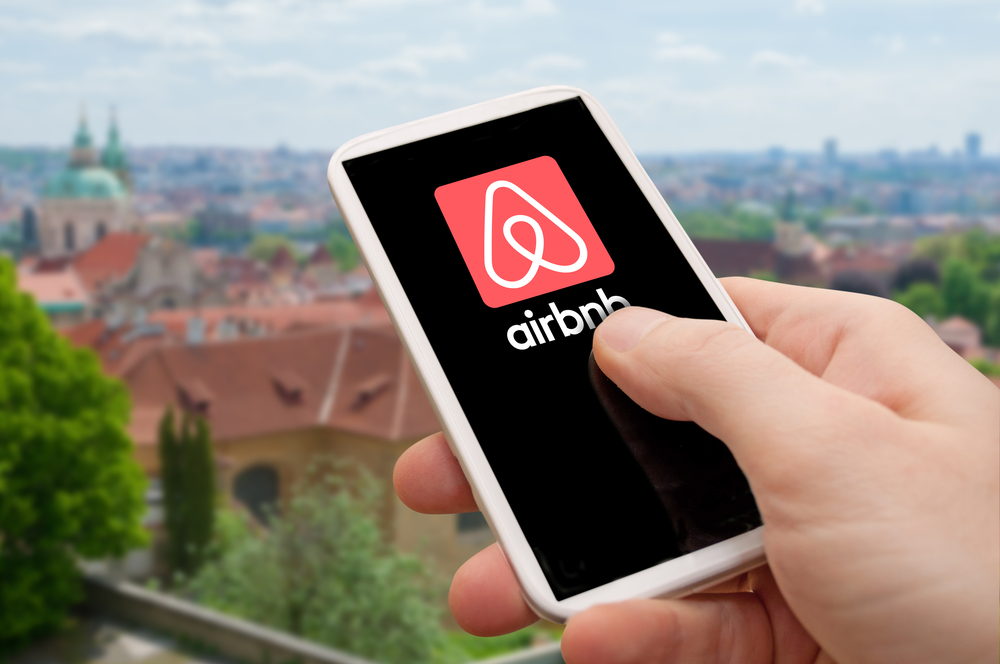
As most libertarians, I’m not a fan of the word “stakeholder”. To my eyes, it seems to be a shortcut for a corporatist economy. By contrasting shareholders and stakeholders, some authors seem to point in the direction of a muddled kind of capitalism, one in which businesses – rather than caring for the interests of those who actually own them – are supposed to picture themselves as doing the interests of all people somewhat concerned with their activities. Sure enough, entrepreneurs need not a “social conscience” to care about their workers and their suppliers. Their self-interest would suffice: happy employees are likely to be more productive, and if you don’t treat your suppliers decently you do so at your own risk. But stakeholder capitalism, as it is somehow called, aims at being a capitalism in which profits are deemed to be a second-order concern. There are some activities in life that cannot be managed under the profit motive (I think of a large chunk of the nonprofit sector, that does indeed do valuable things), but in the case of businesses, the refusal of taking profits into consideration could easily become a cover-up for inefficiency – if not for a conflict of interest altogether.
Having said that, I think the word “stakeholder” has perhaps a different meaning in the case of platform companies and, particularly, AirBnB. AirBnb’s function is to connect supply and demand in the market for short term rentals. Different than hotel chains, AirBnB does not own or rent buildings. In a sense, AirBnB is doing a very similar job to traditional apartment rental agencies – though on quite a larger scale. Instead of face-to-face relationships such as the one I may have with an agent renting a flat for four years, AirBnB allows me to have more options and rent for quite a short time.
As in the case of traditional rental agencies, but on a larger scale, properties are made available by their own owners. In this case, through the platform and to a far wide number of potential guests. What are these ‘hosts’? Shareholders, indeed not. Employees, not at all. “Consumers” of the platform services yes, indeed, in a sense: but it also goes the other way around. Take rental apartments out of the equation, and AirBnB will be of no use.
For this reason, I’m more baffled than irritated at this statement by AirBnB. Leave aside the stakeholders’ rhetoric, which anyway is always good to gain you two cheers at Davos, and what you have is the complex relationship between hosts and the platform: a relationship that still requires to be worked out. AirBnB maintains it did “enable the creation of millions of entrepreneurs”. This refers to hosts at large, but we know that some people are developing true entrepreneurship (arbitraging properties or servicing hosts that could not otherwise directly take care of their guests) around the platform. It is a growing ecosystem. It will be interesting to see how it evolves – and the effects of such evolution on all the people around it (call them ‘stakeholders’ or what you like best).

READER COMMENTS
Phil H
Jan 28 2020 at 12:18am
AirBnB is a lovely example of a claim that I make: that markets themselves are curated, complex, fragile things. I very much dislike the term “free market”, because it seems plain to me that markets are not free. You cannot behave freely in a market, and they cost money. The complex decisions made by AirBnB will affect the ongoing viability of this couchsurfing business model.
That they adopt language related to the language of the other great creator of markets – the state – should not be surprising.
Comments are closed.